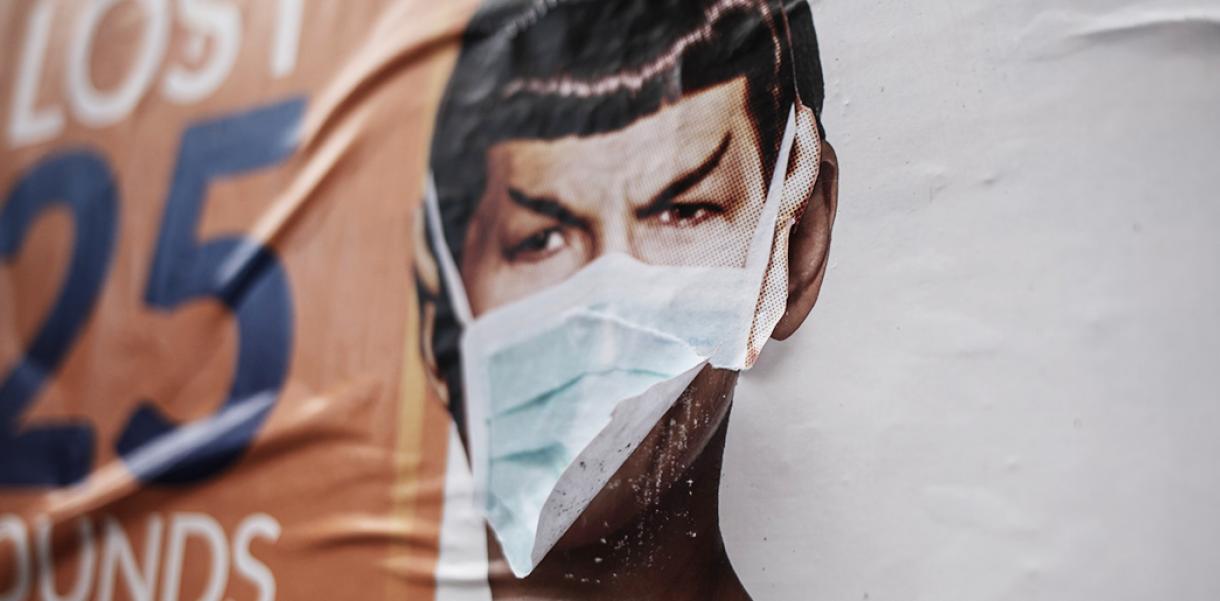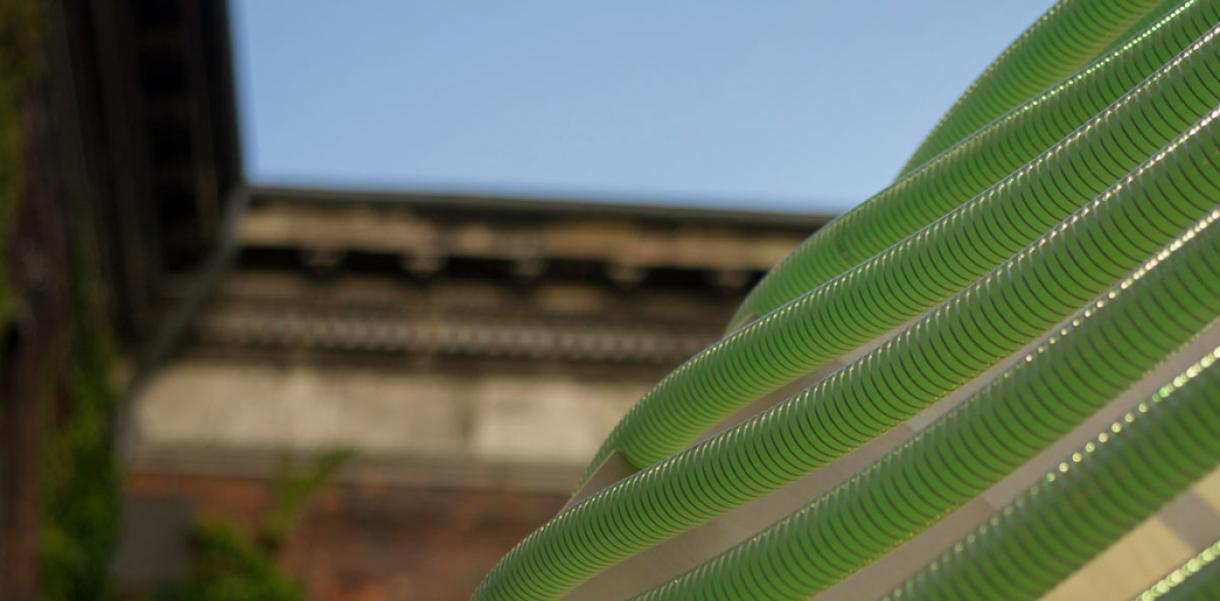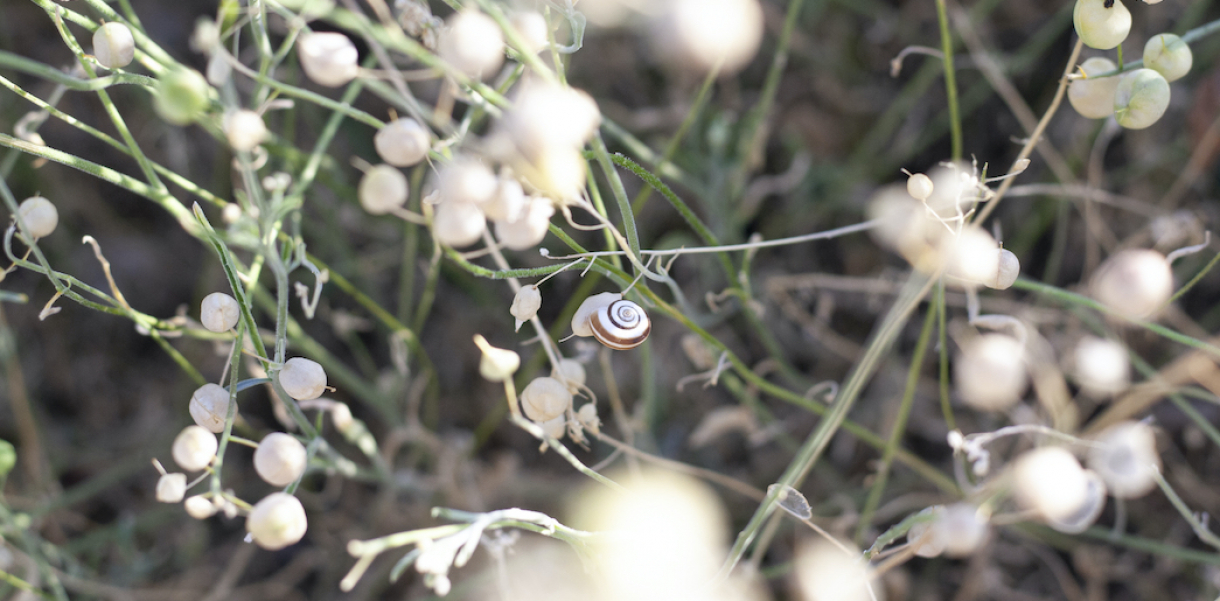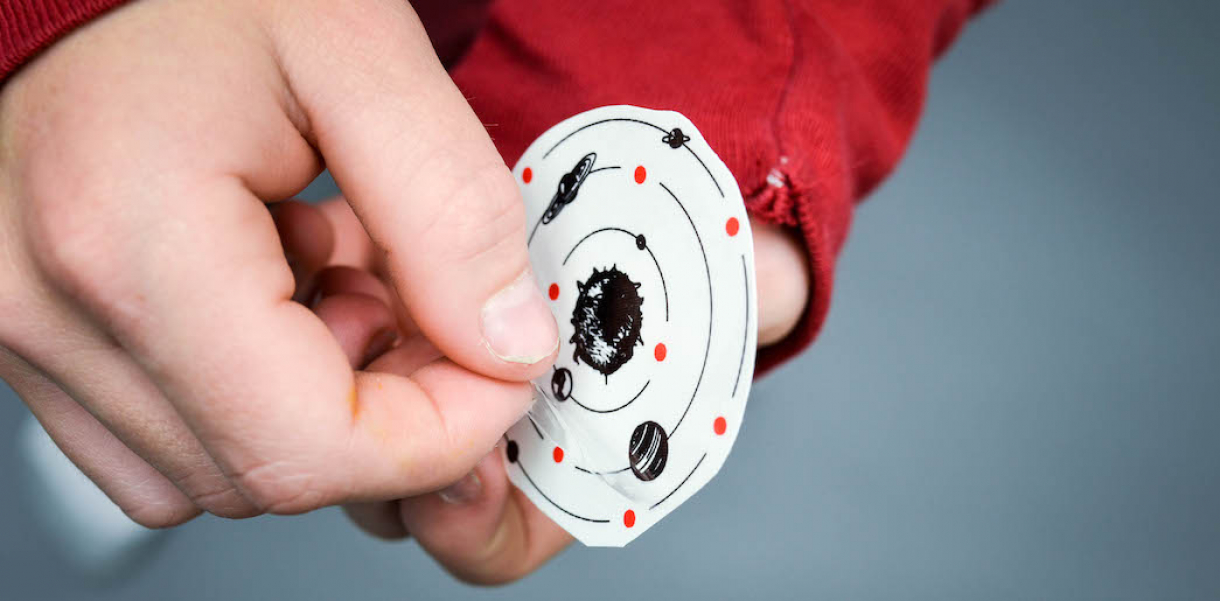Every parent staying at home with their kids has learned the true value of pedagogues and teachers. After reading about the marathon-amount of hours nurses have been working, I believe they should earn more than any CEO. And full-stack developers? I'd gladly swap 100 of us for one extra nurse.
We've now all had our fill of COVID-19 content. It's taken over the news, filled up our social media feeds and dominated our conversations. Some engineers are now epidemiologists, and several grocers are now qualified to run their national public health sectors. Suddenly, everyone's an expert and has something to say.
But, there are blue skies and a handbrake has been put on our extreme consumerism. As a professor I know recently put it in an email: "Families are together in the same physical location and work is done far away via computer screens. What an incredible flip."
Perhaps the virus will be gone by next year. But I hope all the good changes COVID-19 triggered within our societies remain. Remember, this isn't the only deadly disease on planet Earth.
"What happens when any of us, regardless of age, location or yearly earnings, are at risk of contracting a new deadly virus? People around the world come together to find solutions."
At The Index Project, we support companies using design to improve life for people. And every Index Award season, we receive projects targeting the preventible diseases and conditions we all know: malaria, dengue fever, diarrheal disease, ebola, malnutrition, starvation etc.
I just looked in our big data tool, Big Picture, to see how many Index Award projects targeted these diseases: 10 projects related to ebola, eight to dengue, 14 to diarrheal disease, 28 to malaria and 24 to hunger issues. These projects come from more than 40 different countries and, more often than not, are developed by people that aren't at risk of the symptoms they're trying to eradicate.
The WHO estimated in 2017 that 435,000 deaths due to malaria had occurred globally. According to World Mosquito Program, each year, an estimated 390 million dengue infections occur around the world. And, more than half a million children die from diarrheal diseases each year.
I could continue listing these statistics, but what point would it make? All these cases and death rates would be reduced to just that: statistics. These tragedies are happening to people we don't know, in faraway lands and in circumstances many of us will likely never experience. Sensibility fades with distance.
"We need to stop thinking of statistics and keep thinking of faces, of children, of people."
But what happens when any of us, regardless of age, location or yearly earnings, are at risk of contracting a new deadly virus? People around the world come together to find solutions.
Suddenly, groups across social media are calling for designers, makers, hackers, developers and anyone that can help in any way with a variety of COVID-19 problems. Makers came together to create 3D-printed face shields, graphic designers helped the world understand the virus and the importance of social distancing, neighbours got together to buy groceries for those unable to leave their houses, and even fashion designers joined the fight by producing face-masks.
Although this is great, why only come together when there's a problem close to home? COVID-19 will too, eventually, pass. But malaria, dengue fever, ebola, malnutrition and all the others, won't unless we all do something. The task is just too big to be left to governments and institutions.
We need to continue coming together to solve these problems, beyond COVID-19. We need to stop thinking of statistics and keep thinking of faces, of children, of people.
And, it's not just diseases. It's also our planet. Before COVID-19, climate change was looming closer and closer, and activists were going around the globe, asking for a change. Some of us were trying to help in whatever capacity. But it was too slow. We now see how fast we can go when we do it together.
Yes, COVID-19 will change us, but I believe for the better. Now is the time to act. Come together, separately.
-
Image: Nick Bolton




